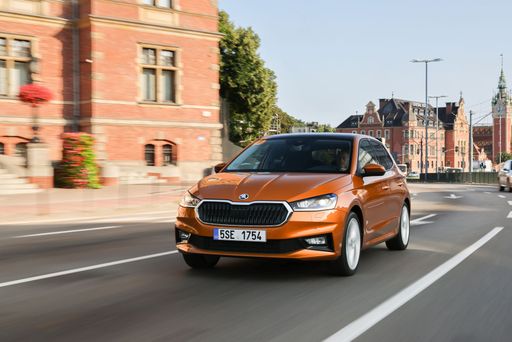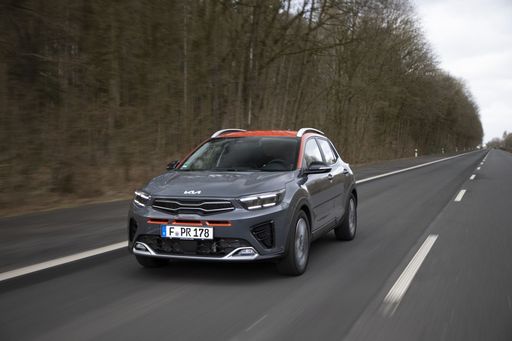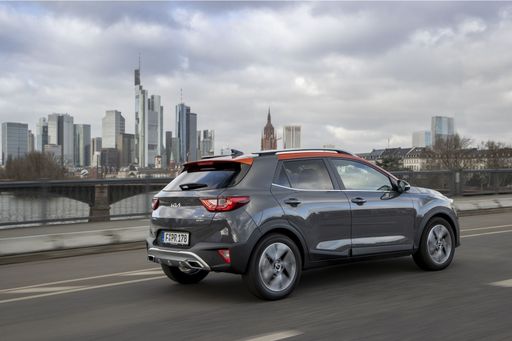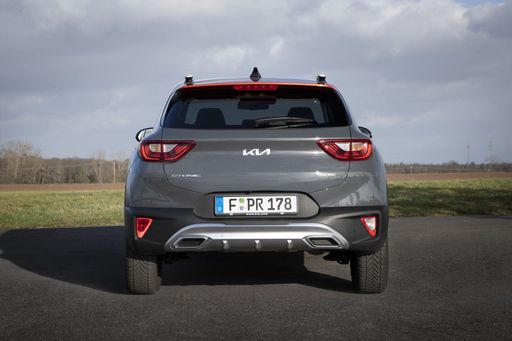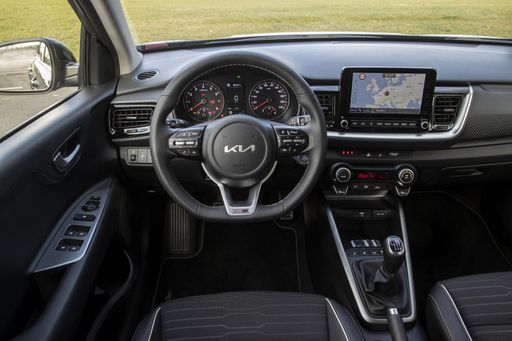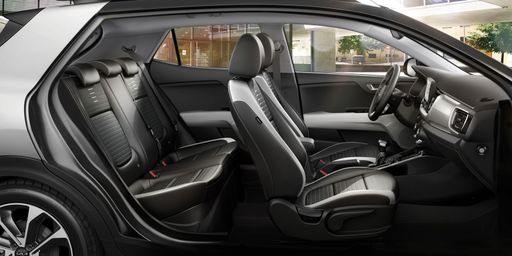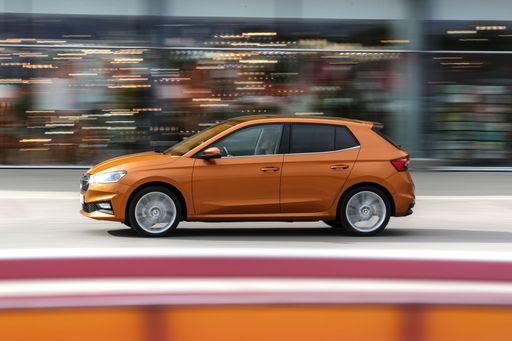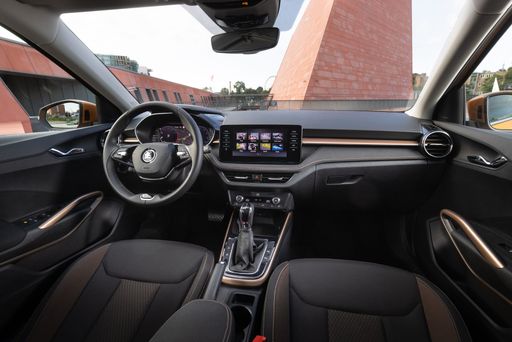Kia Stonic vs Skoda Fabia: A Comprehensive Comparison
When it comes to compact vehicles, the Kia Stonic and the Skoda Fabia are two popular contenders that cater to different preferences while providing a blend of performance, comfort, and innovation. This comparison dives into their technical specifications, driving experiences, and innovative features to better understand which model could be the right choice for you.

